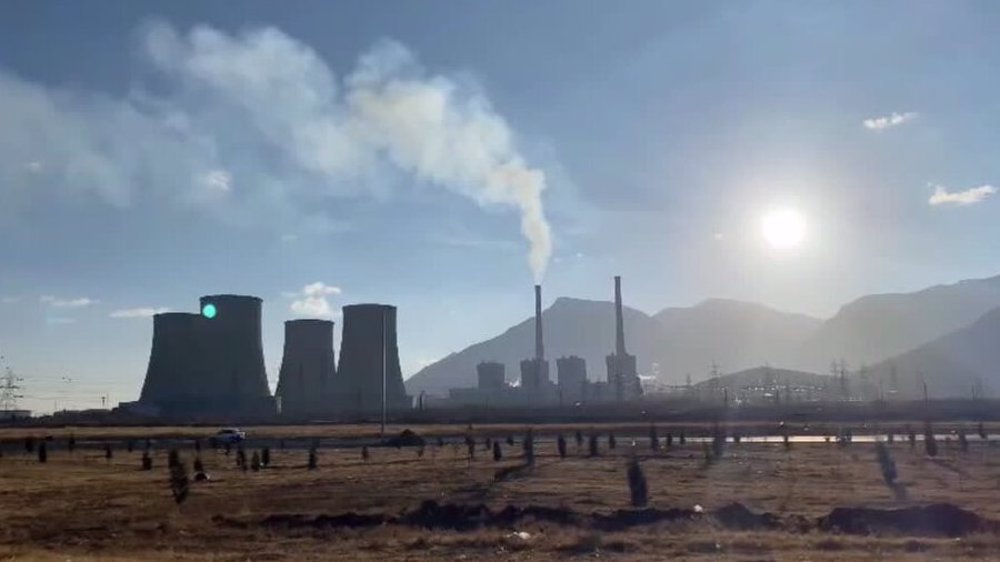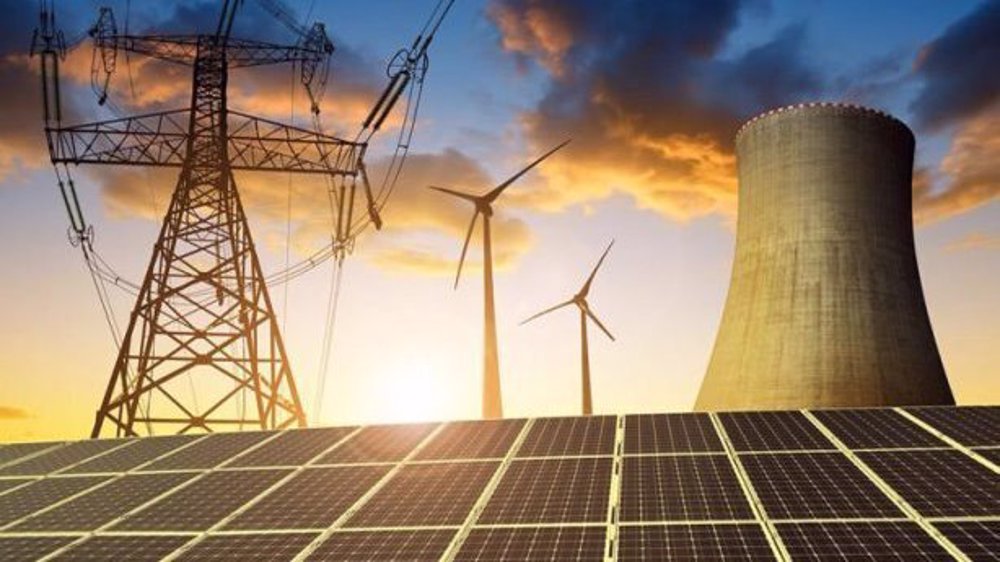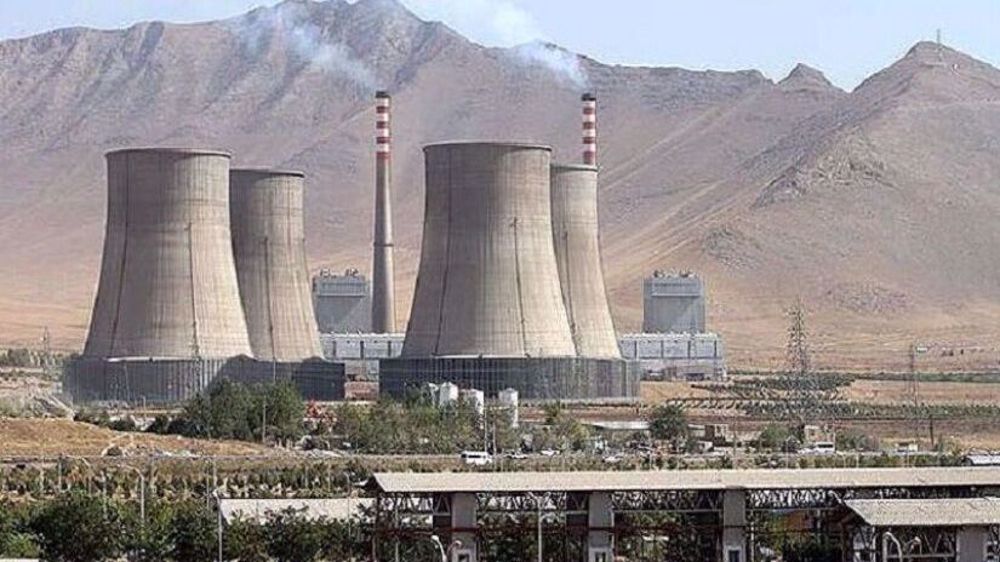US interior secretary hints at economic war on Iran
US Interior Secretary Ryan Zinke says Washington is now better placed to use its “economic dominance” to cut Iran's oil revenues.
American companies have been jacking up shale oil production since President Donald Trump walked away from the Paris climate treaty. US ability to extract energy from vast shale formations has put the country on the brink of being a global energy powerhouse.
Speaking at the Heritage Foundation on Friday, Zinke said US “economic leverage would work to supplant every drop of crude that Iran produces and energy dominance is part of that," the Washington Examiner website reported.
“That leverage gives the US the ability to begin exporting more oil to reduce the amount on the market from countries such as Iran,” the weekly magazine added.
Trump is also considering whether to pull out of an Obama administration deal with Iran that lifted sanctions on its oil exports.
Zinke called Iran a “grave threat,” citing the country’s nuclear capability and accused the Islamic Republic of developing intercontinental missiles.
“And it is better to have options to address Iran economically and not just militarily," he said.

His claim came just after the United Nations verified the peaceful nature of Iran’s nuclear program last week. Moreover, Iran does not have an intercontinental missile and its program is restricted to building a regional deterrent capability.
Using energy as a weapon is being promoted among American politicians for some time. Advocates of the plan say the policy is to exert power over allies such as Saudi Arabia, Qatar and Australia and counter enemies like Iran, Russia and China.
For example, US military analyst James “Spider” Marks has singled out natural gas as “a great tool to use for this purpose,” keeping in mind that Russia is the No. 2 producer of the fuel in the world, followed by Iran, and China as No. 6.
“If the United States is to counter the global influence of Russia, Iran, China and other hostile nations, we will need to find peaceful ways to advance our interests while undermining theirs,” he wrote on the website of Washington-based Morning Consult company in July.
As for Iran, Qatar and Saudi Arabia which hold 40 percent of the world’s natural gas reserves, the US "can pump its own gas into the world market, keeping prices down and reducing reliance on the Middle East’s dominant producers,” he said.
His remarks coincided with Russian President Vladimir Putin signing off on a new state policy strategy that views the US as aspiring to dominate the world’s oceans, reiterating the Arctic and the globe’s resource-rich northernmost a priority development area.
The document, binding until 2030, states that the US and its allies are trying to “limit Russia’s access to resources at sea and its access to vitally important naval transport communications.”
According to the International Energy Agency (IEA), the United States will challenge Qatar and Australia as the highest LNG exporters by 2022.
US shale oil is already weighing down on prices, bringing Saudi Arabia and Russia together into rare coordination between OPEC and non-OPEC producers to stabilize the market.
According to Marks, “as our production grows, so does our ability to advance our interests abroad through exports.”
“This provides America unprecedented global flexibility, to engage internationally at a time and place of our choosing,” said the retired major general who has led many business ventures since retirement from the army where he spent over 30 years.
Occupation of Syria’s highest peak Mount Hermon part of ‘Greater Israel’ project
Iran: Syrian people will decide their future without foreign interference
IRGC says Iran’s power exceeds borders, warns enemies to adjust themselves
Dozens detained, several wounded in Israeli raids in West Bank
‘Ethnic cleansing’: Hamas blasts Israeli attacks on Gaza hospital amid intl. silence
Saudi delegation meets HTS leader at presidential palace in Damascus
Relentless Israeli ceasefire violations justify need for self-defense: Lebanese MP
Tel Aviv tells Damascus Israeli forces will remain in occupied territory: Report










 This makes it easy to access the Press TV website
This makes it easy to access the Press TV website